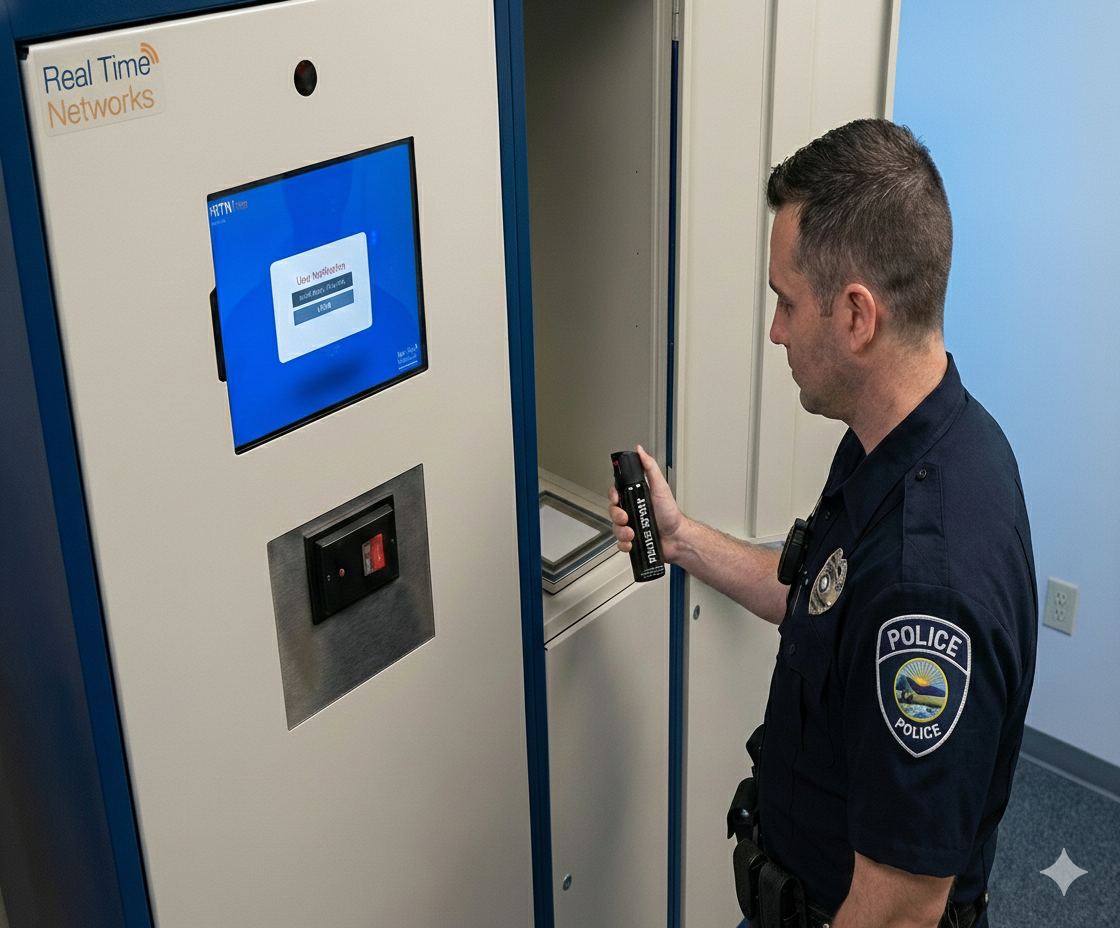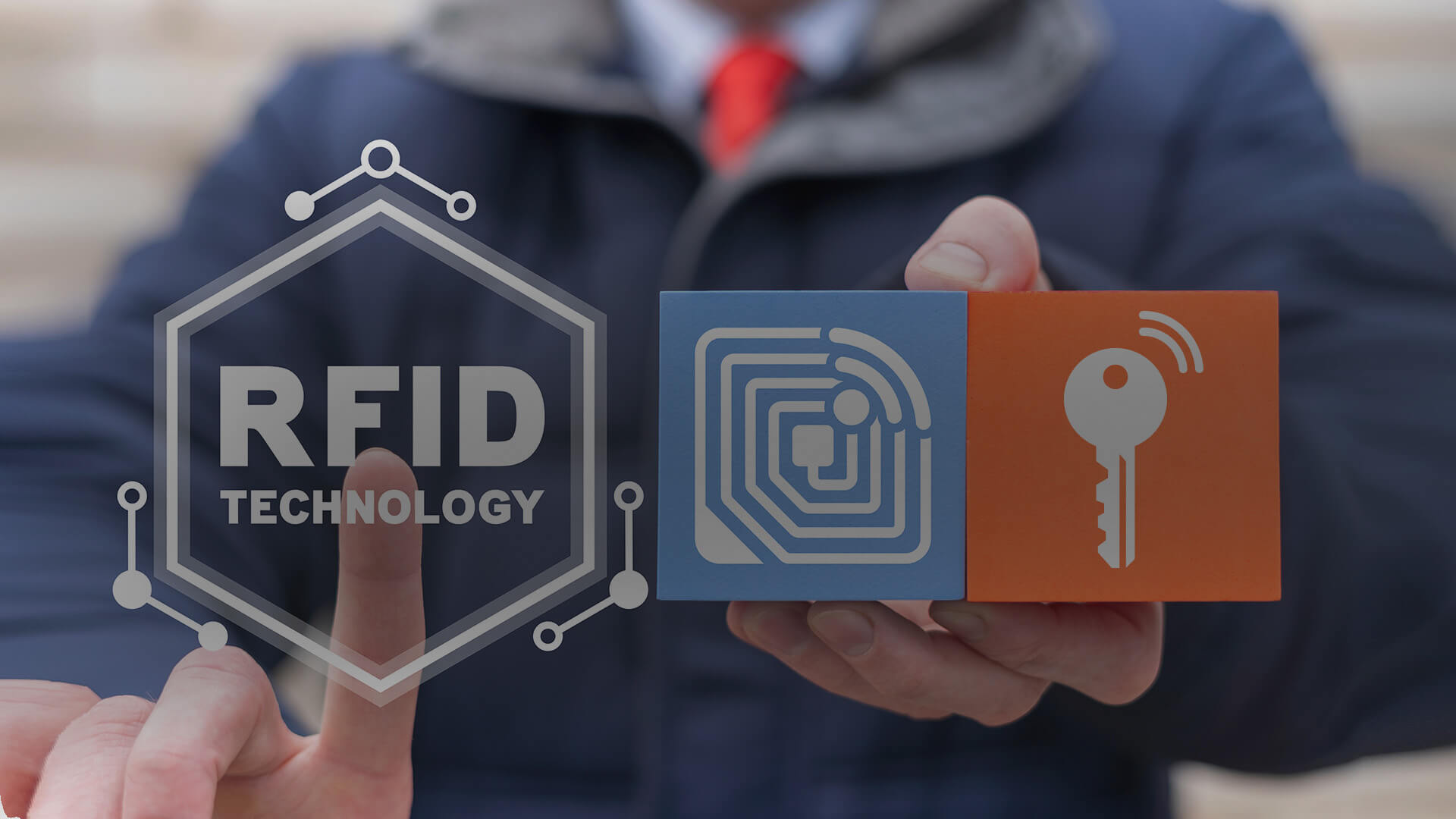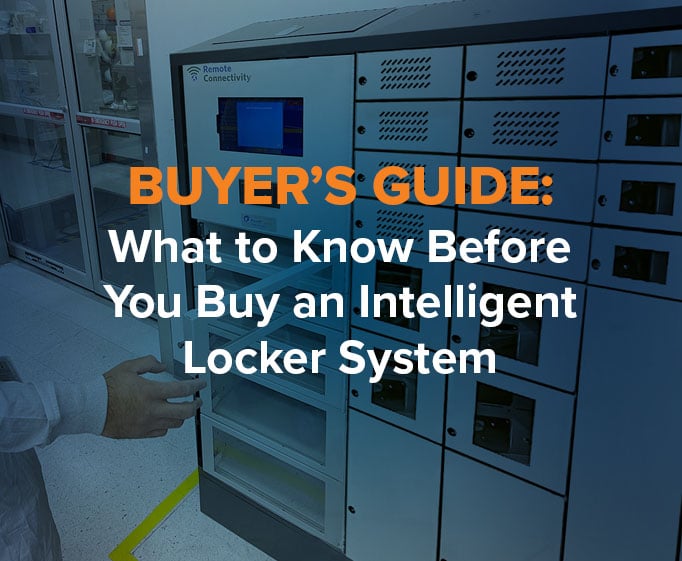By Jay Palter | February 8, 2023
Physical keys are an excellent, cost-effective form of access control. We may live in an increasingly-digital world full of networked business systems and always-on IoT devices, but the usefulness of small, simple metal keys for security can’t be denied.
There can be a benefit to that simplicity. Striping away complexity makes casino security and management that much easier. The fewer points of failure and the fewer attack surfaces, the less risk you introduce into your casino operations.
That is part of the thinking in the casino and gaming sector, where physical keys are common. Gaming establishments are also bound to physical keys due to state regulations.
But even then, while there is a huge amount of value in using physical keys, one of the greatest weaknesses in relying on a purely offline, mechanical means of access control is that you need to trust the people using them completely.
The answer isn’t to manage those people through complex, cumbersome casino key control policies. That just replaces one form of complexity with another, and you’re back to an increased risk of human error, causing you to run afoul of state gaming regulations.
Do you know who has which casino keys at any given time? What about knowing in real time when keys approach exit points?
Instead, the answer is to use smart management practices and technology to streamline casino key control as much as possible. This article shares ten best practices for using smart technology and reliable business processes for better casino key management.
Why Upgrade Casino Security Key Management?
There is the direct benefit of improving key security, of course. But often, the greater benefits of enhancing your casino key management come at the edges.
To restate the obvious, keys are an access control method. They have little value in and of themselves. Instead, their value to your casino is their control over who accesses important resources. Take cash box keys, for example. You may have a set of three high-security keys that cost two hundred dollars altogether. But that cost is nothing compared to the revenue they secure day in and day out.
Upgrading casino key management with a smart key system offers many other benefits too.
Efficient day-to-day casino operations
An electronic key system controls access to keys consistently and efficiently. There is no risk of a human operator handing out the wrong key or forgetting to log an access request. An electronic system never gets tired, never has to clock out, and never needs to take sick leave. Every transaction and other notable event is managed the same way every time.
Modern systems with RFID key tracking make life even easier than traditional metal-on-metal contact systems. RFID is a non-contact wireless communication standard. Key slots don’t get dirty or have a specific contact side you need to use to ensure the system records transactions. Modern systems, like KeyTracer, use simple cylindrical lock slots for securing keys. They read every single time without cleaning, and durable RFID tags typically come with a lifetime warranty.
Improved compliance
That consistency extends to recordkeeping too. Smart systems record every single key transaction without fail. All are compiled in easy-to-access logs you can export to demonstrate compliance.
Advanced key exit systems can remotely detect when keys approach doorways and alert casino security personnel. You’ll know instantly whenever you’re at risk of compliance violations.
Detailed recordkeeping
Detailed transaction logging is useful for more than just compliance efforts. It can reveal valuable operating trends you might not otherwise notice. For example, transaction logs may reveal irregular sign-out patterns by workers with access to cash boxes. Or key logs might reveal slot machines are not getting serviced on your posted schedule.
Better accountability
Complete tracking and recording help ensure every worker carries out their duties promptly. You’ll have an airtight record of who signed out which keys and when they’re returned.
You can even set curfews on signouts for added insight and physical key security. For example, for sensitive cashbox deposits, set a fifteen-minute curfew. Then, if the worker hasn’t returned them, an alert goes to their supervisor. Or set alerts if sensitive keys are over five minutes overdue at the end of shifts.
Best Practices for Casino and Gaming Key Management
No matter whether you’re building a key control program for a new venue or looking to upgrade an existing installation, every organization would do well to follow good key management best practices. We’re sharing ten from our key safety experts that you can adapt to any gaming venue and operating budget.
Build a complete inventory.
You can only control what you know you have. If you don’t have a complete, detailed inventory of all your keys, you first need to build one.
Key inventories need to include key serial numbers, their storage locations, who has access to those keys, who should have access to them, and where they fit into your standard, sub-master, and master key hierarchy. Mapping key access visually into a hierarchy also improves your understanding of their workflows and improve physical security for casinos. You’ll be able to see how keys move and which go where.
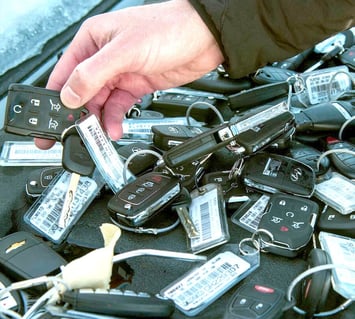
Identify optimal distribution points.
Decide where you want keys to be distributed. The exact locations depend on your workflows and the venue’s floor plan.
Smart key management systems like KeyTracer utilize networked storage cabinets containing RFID-controlled lock slots. You can customize these cabinets to hold different amounts of keys and different-sized key rings. Depending on the layout of your gaming venue, you could deploy one single large cabinet or a decentralized network of smaller cabinets. You can still manage the latter through the same centralized management console.
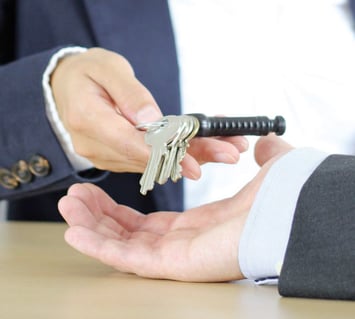
Institute a comprehensive training program.
Whatever new policies or technologies you put in place will be useless if your workers don’t know how to use them. Or why to use them. Often employee resistance to new tools or routines hurt productivity the most.
Design a training program for key protection that teaches employees how to get the most out of new technology and abide by any new policies you enact easily. Also, explain the purpose of these new systems. You need to develop buy-in, so your workers know why this change is meaningful. Everyone wants to feel like they’re a part of something, and your training should explain how these new systems will make their lives easier and improve things for your casino.

Make keys as available as possible without compromising casino security.
Striking a balance between security and usability can be difficult, but it is incredibly important. Tipping too far towards one business priority or the other can negatively impact casino operations, customer service, and your bottom line.
Make keys as available as possible without compromising casino security. Using a smart key management system that is easy to do across all shifts. Automating the signout process removes the need for a human security officer or key manager to facilitate every exchange. At the same time, access controls and lock slots secure keys users aren’t authorized to access.
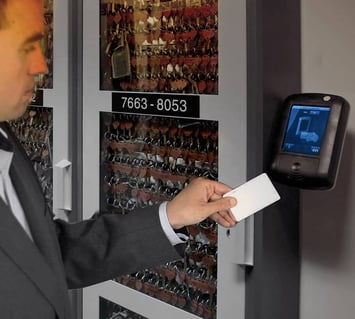
Maintain fine control over individual keys.
You can configure smart key management systems with as many or as few key ring slots as you need. Ensure you have separate slots for each set of keys that requires individual access control. You don’t want multiple keys on one ring in one slot if you don’t want an individual signing them out all at once.
The obvious example in gaming is for cash box keys when double, or even triple sign-outs are needed. It makes no sense to have them all accessible from the same lock slot if you want three independent access controls enforced.
Also, secure your exits so keys can’t leave the building. Advanced casino key management systems with key exit alarms can help with this. Key exit alarms are wireless sensors you place near doorways that read RFID key tags. An alarm will sound if a staff member brings a key to an exit. Audibly or silently sent to security personnel.

Generate granular access logs.
Tracking key sign-outs and sign-ins is useful and absolutely necessary for your compliance efforts. But smart system logging can do so much more for you.
You can provision key management systems with a smart terminal where you can prompt casino staff for information about their duties while they have the keys. For example, verify cashbox deposits have taken place or tick off task lists to verify they completed essential duties for better accountability.
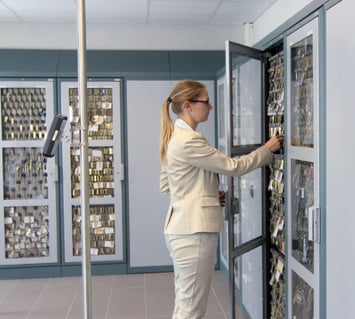
Enforce a lock replacement schedule.
Leaving locks unchanged in sensitive environments can be a casino security risk. Instead, consider scheduling regular lock replacements for any whose keys aren’t tracked and secured using a smart key management system.
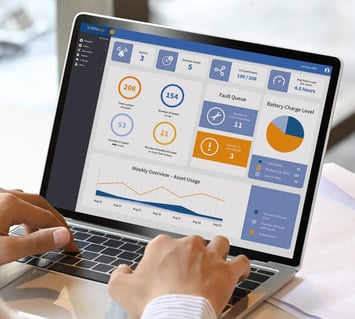
Automate dual key signouts.
One of the most time-consuming key management tasks casinos have to deal with is facilitating dual or triple authentications, like depositing lockboxes. Of course, many tasks can and should be automated, but securely automating multi-key transactions can save significant time.
Even if it’s just one or two minutes for each transaction, that adds up fast. Several minutes every transaction quickly becomes an hour every shift, multiplied weekly, monthly, and quarterly. Pretty soon, you’re saving hours upon hours of labor.
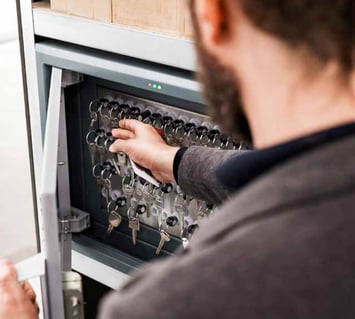
Schedule regular audits.
Keeping detailed inventories and transaction logs is useful, but you must schedule periodic audits of your key and user records to ensure they stay current over time. Automated systems are only as good as the information you feed into them. If new keys aren’t added, or old users aren’t purged from records, then you could be putting your establishment at unnecessary risk.

Find ways to integrate with other business systems.
Two of the key benefits of smart technology are its networking and integration capabilities. They’re designed to talk to other business systems. So look for ways to connect those systems and leverage economies of scale.
Key management and door exit alarms systems from the same provider typically network together. That enables you to build a comprehensive monitoring system for keys when they’re securely stored and when in live use in the field. That minimizes your risk for regulatory violations at all operating points.
You can also centralize user management across keys, electronic access control, and equipment management. You could manage key and high-value equipment signouts side-by-side.
For example, you could bundle assets into job-type pools. When a security guard signs in for their shift, they access an integrated key and equipment system that unlocks the keys, belt kit, and radio they’ll need all at once. Everything in the kit is securely, and automatically managed together.

Looking for an intelligent key management system for your casino?
Check out our Top 10 Purchasing Checklist for Key Management Systems and get started.
Subscribe to our blog

Jay Palter
Vice President of Marketing & Partnerships

